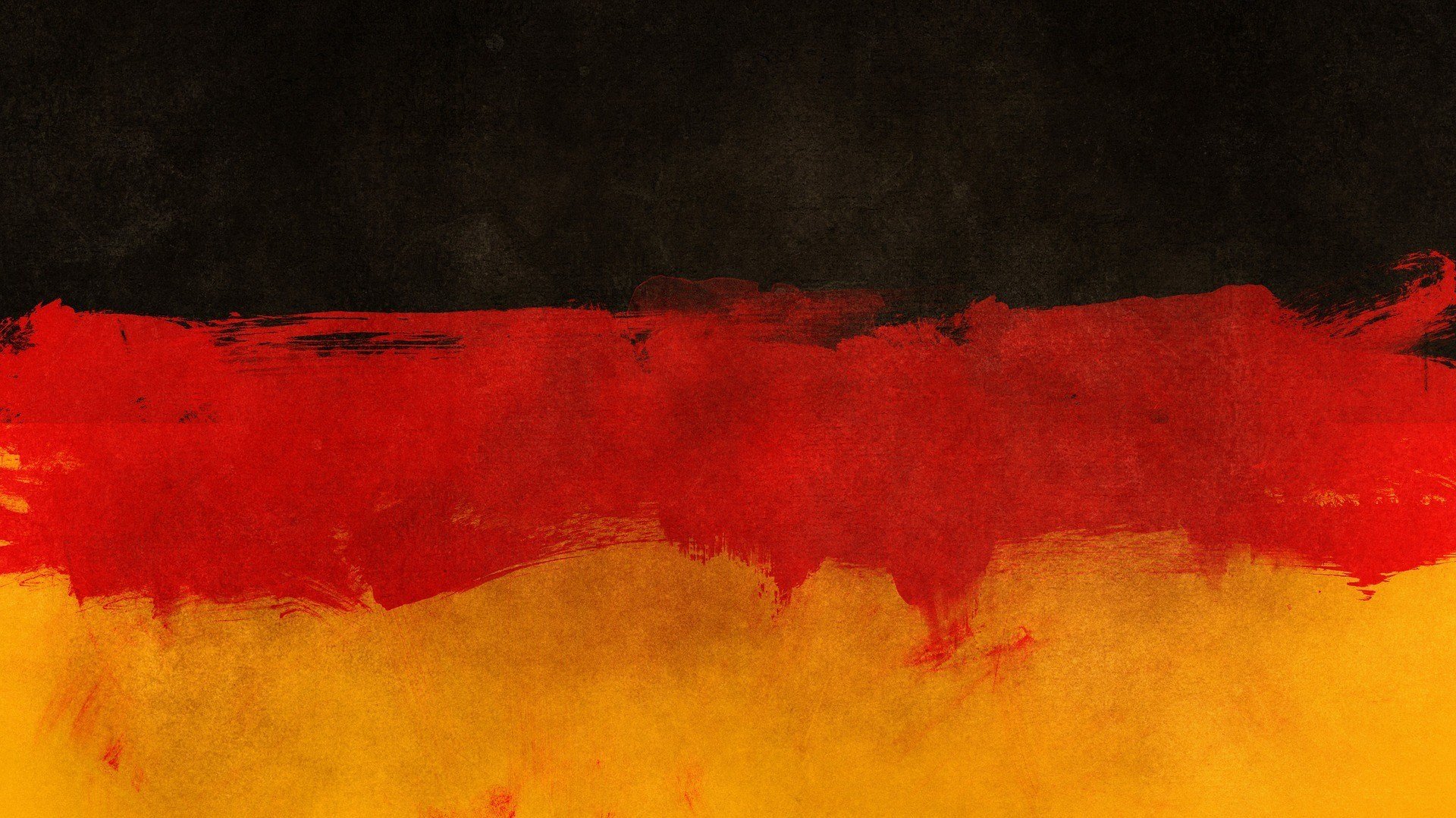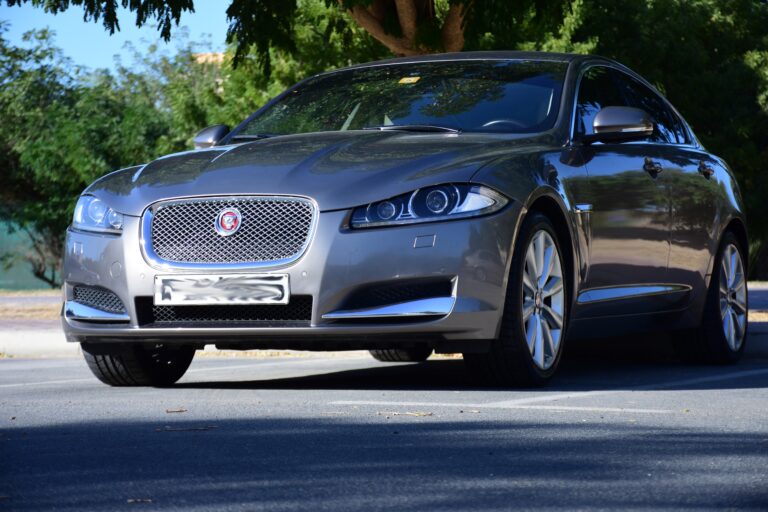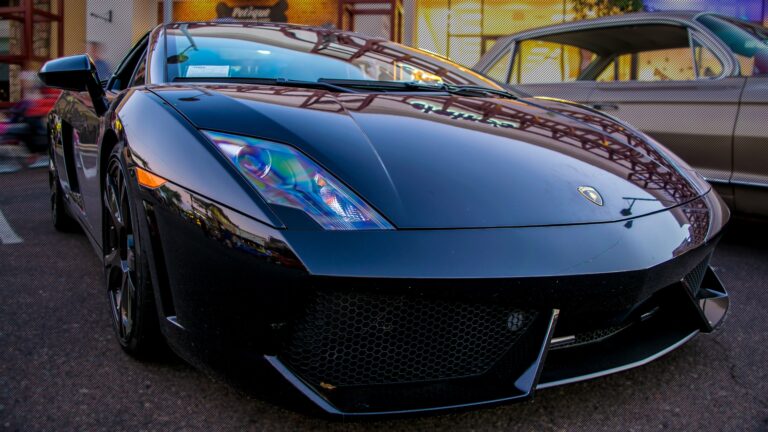German Toy Car Brands: A Legacy of Precision, Play, and Collectibility
German Toy Car Brands: A Legacy of Precision, Play, and Collectibility cars.truckstrend.com
German engineering is globally renowned for its precision, durability, and innovative spirit, and this reputation extends far beyond full-sized automobiles to the captivating world of toy cars. German toy car brands have carved out a unique niche, offering everything from rugged, play-ready vehicles for children to exquisitely detailed, museum-quality models for discerning collectors. Their appeal lies not just in their meticulous craftsmanship but also in a rich heritage that intertwines with the very history of automotive design.
This comprehensive guide will delve into the fascinating universe of German toy car brands, exploring their enduring legacy, distinct characteristics, prominent players, and practical advice for both casual enthusiasts and serious collectors.
German Toy Car Brands: A Legacy of Precision, Play, and Collectibility
The Enduring Legacy of German Toy Cars
Germany’s prowess in manufacturing and its significant role in automotive innovation naturally positioned it as a leader in toy car production. From the early 20th century, German manufacturers began producing intricate tinplate and die-cast models that mirrored the evolving automotive landscape. These weren’t just toys; they were miniature reflections of technological progress and cultural shifts.
The post-war economic boom and the resurgence of the German automotive industry further fueled the growth of toy car manufacturing. Brands focused on replicating popular German cars like Mercedes-Benz, BMW, Porsche, and Volkswagen, alongside a wide array of trucks, agricultural vehicles, and emergency services models. This commitment to realism, combined with a focus on robust construction, quickly established German toy cars as benchmarks for quality worldwide. Today, they continue to be celebrated for their accuracy, durability, and the sheer joy they bring to generations of enthusiasts.
Key Characteristics of German Toy Car Brands
What sets German toy car brands apart? Several core characteristics define their appeal:
- Precision and Realism: Whether it’s a child’s plaything or a collector’s item, German toy cars are renowned for their attention to detail. From accurate body lines and intricate interiors to realistic decals and functional parts, these models often mirror their real-life counterparts with impressive fidelity.
- Durability and Quality Materials: Many German brands, particularly those geared towards play, emphasize robust construction using high-quality die-cast metal and durable plastics. This ensures longevity, even through enthusiastic play, making them treasured items that can be passed down through families.
- Innovation: German manufacturers have consistently pushed boundaries, introducing new scales, production techniques, and features like opening doors, working suspensions, and even remote control capabilities.
- Diverse Range: From tiny 1:87 scale models perfect for model railways to large 1:18 scale display pieces, and from classic cars to modern trucks, agricultural machinery, and emergency vehicles, German brands offer an astonishing variety to cater to every interest.
- Collectibility: The combination of limited editions, high detail, historical significance, and brand reputation makes many German toy cars highly sought after by collectors, often appreciating in value over time.

Prominent German Toy Car Brands
Let’s explore some of the most influential and beloved German toy car brands:
Siku
Perhaps the most widely recognized German toy car brand, Siku (an abbreviation of Sieper Kunststoffe, the company’s original name related to plastics) has been producing robust die-cast models since 1950. Siku is synonymous with durable, play-oriented vehicles that can withstand the rigors of a child’s imagination. While primarily known for its extensive range of cars, trucks, agricultural machinery (tractors, harvesters), construction vehicles (excavators, cranes), and emergency vehicles, Siku also offers highly detailed collector models. Their focus is on realism and functionality, often featuring opening parts, working mechanisms, and sturdy construction, making them a staple in toy boxes worldwide.
Schuco
With a rich history dating back to 1912, Schuco is a name steeped in tradition and quality. Initially famous for its innovative clockwork mechanisms and patented "turn-and-return" cars, Schuco quickly established itself as a producer of high-quality, collectible models. Today, Schuco offers a broad spectrum of products, from delightful miniature vehicles for play to exquisitely detailed, high-end collector models in various scales (1:18, 1:43, 1:87). Their range includes classic cars, contemporary vehicles, commercial trucks, and even historical aircraft. Schuco models are celebrated for their meticulous finish, historical accuracy, and often intricate features, making them prized possessions for enthusiasts.
Minichamps
For the serious collector, Minichamps (Paul’s Model Art) represents the pinnacle of German toy car craftsmanship. Founded in 1990, Minichamps quickly rose to prominence by producing highly detailed, accurate scale models, primarily of Formula 1 cars, road cars, and motorcycles. Their models are known for their incredibly fine details, precise paint finishes, and often limited production runs, making them highly desirable collector’s items. Minichamps prioritizes authenticity, working closely with automotive manufacturers to ensure every curve and component is faithfully replicated, often in scales like 1:43, 1:18, and 1:12.
Herpa
Herpa is a leading name in high-precision miniature models, particularly renowned for its 1:87 (HO scale) vehicles and aircraft. While perhaps less known for mainstream toy cars, Herpa excels in producing incredibly detailed trucks, buses, construction vehicles, and emergency vehicles that complement model railway layouts or serve as standalone collector pieces. Their commitment to intricate detailing, even at smaller scales, is remarkable, often featuring separate components like mirrors, wipers, and interior elements. Herpa also offers models in larger scales, but their 1:87 range is particularly iconic among enthusiasts for its vast variety and exceptional quality.
Brekina
Founded in 1980, Brekina specializes in producing highly detailed 1:87 scale models, with a particular focus on classic European vehicles from the 1950s, 60s, and 70s. Their range includes iconic German cars like Volkswagen Beetles, Opel Kadetts, and Mercedes-Benz sedans, as well as a variety of buses and commercial vehicles. Brekina models are beloved by collectors for their historical accuracy, authentic color schemes, and the nostalgic charm they evoke. While primarily aimed at collectors and model railway enthusiasts, their quality and detail are outstanding.
Rietze
Similar to Herpa, Rietze is another German brand celebrated for its highly detailed plastic models, predominantly in 1:87 scale. Rietze focuses extensively on buses, emergency vehicles (police, fire, ambulance), and trucks, often with intricate liveries and realistic features. Their models are known for their clean lines, precise printing, and wide variety of vehicle types, making them popular among collectors who appreciate modern fleet vehicles and public transport.
Choosing the Right German Toy Car
Selecting a German toy car depends largely on your purpose:
- For Play: Siku is an excellent choice due to its durability, functionality, and wide range of appealing vehicles. Simpler Schuco models can also be great for children. Look for sturdy construction and fewer delicate parts.
- For Collecting:
- High-End Detail: Minichamps, Schuco (collector series), and higher-end Herpa models are ideal for display and investment.
- Historical Accuracy: Brekina and Schuco offer fantastic classic vehicles.
- Specific Themes: Herpa and Rietze are perfect for truck, bus, and emergency vehicle enthusiasts.
- Scale: Consider your display space and other models you might own. 1:43 and 1:18 are popular for standalone display, while 1:87 integrates well with model railways.
Care and Maintenance of German Toy Cars
To preserve the beauty and value of your German toy cars:
- Cleaning: Use a soft, dry cloth or a gentle brush to remove dust. For more stubborn grime, a slightly damp cloth with mild soap can be used, but avoid harsh chemicals.
- Storage: Store models away from direct sunlight, extreme temperatures, and high humidity, which can cause paint fading or material degradation. Display cases protect against dust and accidental damage.
- Handling: Always handle models by their main body, avoiding delicate parts like mirrors, antennas, or spoilers.
- Original Packaging: For collector models, retaining the original box and packaging can significantly increase their resale value.
The Future of German Toy Car Brands
German toy car brands continue to innovate. We can expect to see:
- Increased Sustainability: More eco-friendly materials and production processes.
- Digital Integration: Potentially more app-controlled features, augmented reality experiences, or integration with digital gaming platforms.
- Focus on Electric Vehicles: Replicating the shift in the real automotive industry towards EVs.
- Hybrid Models: Blending traditional die-cast with advanced electronics for new play and display experiences.
Practical Advice and Actionable Insights
- Define Your Purpose: Before buying, decide if the car is for play, display, or investment. This will guide your brand and model choices.
- Research Authenticity: Especially for collector items, buy from reputable dealers or directly from the brand’s official channels to ensure authenticity.
- Check Condition Thoroughly: If buying pre-owned, inspect for paint chips, missing parts, or damage.
- Join Communities: Online forums and collector groups are invaluable resources for information, trading, and connecting with fellow enthusiasts.
- Attend Fairs: Toy and model car fairs are excellent places to see a wide range of models, find rare pieces, and interact with sellers.
Concluding Summary
German toy car brands stand as a testament to precision engineering, quality craftsmanship, and a deep appreciation for automotive history. From the robust play vehicles of Siku to the exquisite collector’s pieces from Minichamps and Schuco, they offer something for every age and interest. Their enduring legacy is built on a foundation of realism, durability, and innovation, ensuring that these miniature marvels will continue to captivate enthusiasts for generations to come. Owning a German toy car is not just about having a model; it’s about holding a piece of automotive heritage and experiencing the joy of unparalleled miniature perfection.
German Toy Car Brands: Estimated Price Guide
Please note: Prices are highly variable and depend on the specific model, scale, year of production, condition, rarity, and seller. The ranges below are approximate for common new models and can be significantly higher for rare or vintage collector items.
| Brand Name | Primary Focus | Typical Scale Range | Estimated Price Range (EUR) | Key Characteristics |
|---|---|---|---|---|
| Siku | Play-Oriented, Collector (some) | 1:50, 1:32, 1:87, 1:55 | €5 – €50 | Highly durable die-cast, functional parts, wide range of vehicles (cars, trucks, tractors, construction), excellent value for play. |
| Schuco | Collector, Play-Oriented (some) | 1:18, 1:43, 1:87, 1:90 | €20 – €500+ | Rich heritage, innovative clockwork models, high-quality collector models with intricate detail, diverse range from classic to modern. Price varies greatly by series. |
| Minichamps | High-End Collector | 1:12, 1:18, 1:43, 1:64 | €50 – €300+ | Exceptional detail and accuracy, limited editions, strong focus on Formula 1, road cars, and motorcycles. Premium pricing for high-fidelity replicas. |
| Herpa | Collector (primarily 1:87) | 1:87, 1:500 (aircraft) | €15 – €100+ | Precision scale models, especially trucks, buses, emergency vehicles, and aircraft. Known for intricate detailing even at small scales. Popular for model railways. |
| Brekina | Collector (vintage, 1:87) | 1:87 | €25 – €70 | Specializes in classic European vehicles from the mid-20th century. High historical accuracy, authentic colors, beloved by collectors of vintage cars and railway enthusiasts. |
| Rietze | Collector (buses, emergency, 1:87) | 1:87 | €20 – €80 | Focus on modern buses, emergency vehicles, and trucks. Known for clean lines, precise printing, and wide variety of liveries. |
Frequently Asked Questions (FAQ) about German Toy Car Brands
Q1: Why are German toy cars considered high quality?
A1: German toy cars uphold the reputation of German engineering, characterized by precision manufacturing, durable materials (often die-cast metal), meticulous attention to detail, and realistic replication of real vehicles. This commitment to quality ensures longevity and accuracy.
Q2: Are German toy cars worth collecting?
A2: Absolutely! Many German toy car brands, particularly Schuco, Minichamps, Herpa, and Brekina, produce limited editions, highly detailed models, and historical replicas that can appreciate in value. Their quality and accuracy make them desirable collector’s items.
Q3: What’s the main difference between "play" and "collector" models?
A3: "Play" models (like many Siku lines) are designed for durability and functionality, often featuring robust construction and fewer delicate parts, making them suitable for children. "Collector" models (like Minichamps or high-end Schuco) prioritize intricate detail, accuracy, and often come with more fragile components, intended for display rather than active play.
Q4: Where can I buy authentic German toy car models?
A4: You can purchase them from specialized toy and model shops, hobby stores, major online retailers (like Amazon, eBay, or dedicated model car websites), and directly from the manufacturers’ official websites. For rare or vintage models, consider attending toy fairs or reputable auction sites.
Q5: How should I care for my German toy car collection?
A5: Keep models in a clean, dust-free environment, ideally in display cases. Avoid direct sunlight and extreme temperatures. Handle them carefully, holding by the main body. For collector items, retain original packaging, as it adds to their value.
Q6: Are all German toy cars made of die-cast metal?
A6: While many prominent brands, like Siku, are primarily known for die-cast metal models, others, like Herpa and Rietze, often use high-quality plastics for their intricate detailing, especially in smaller scales. Many models are also a combination of die-cast metal and plastic components.




